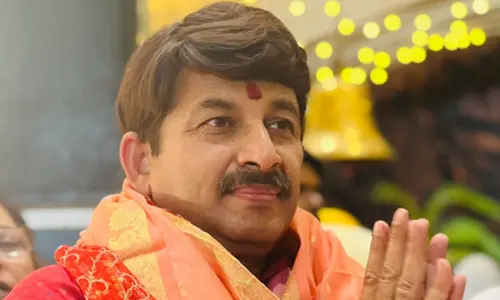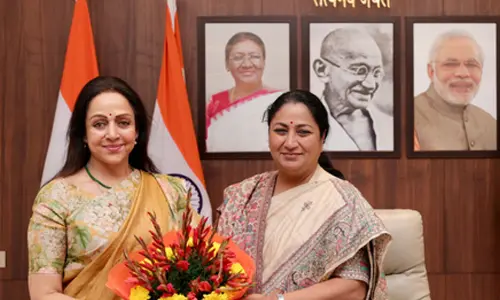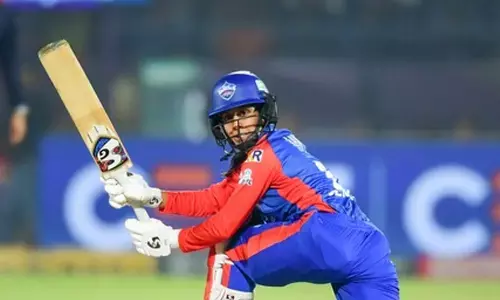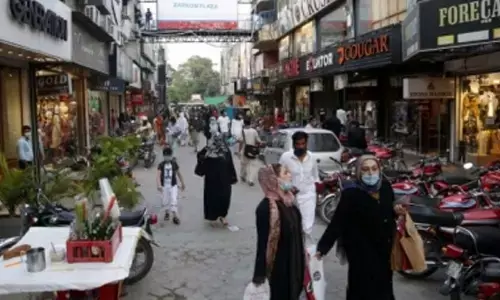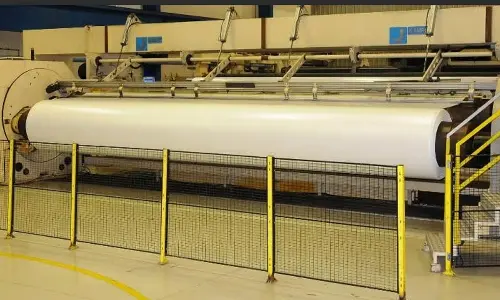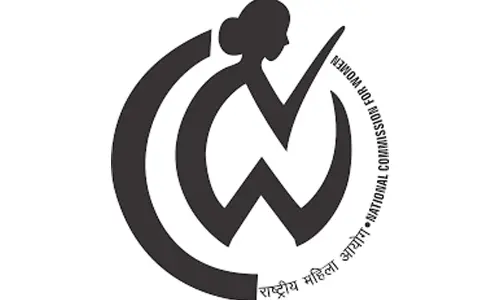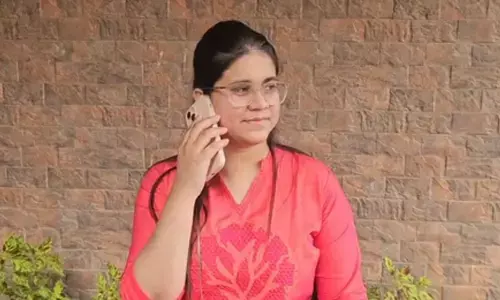Biennial polls for 56 RS seats on Feb 27
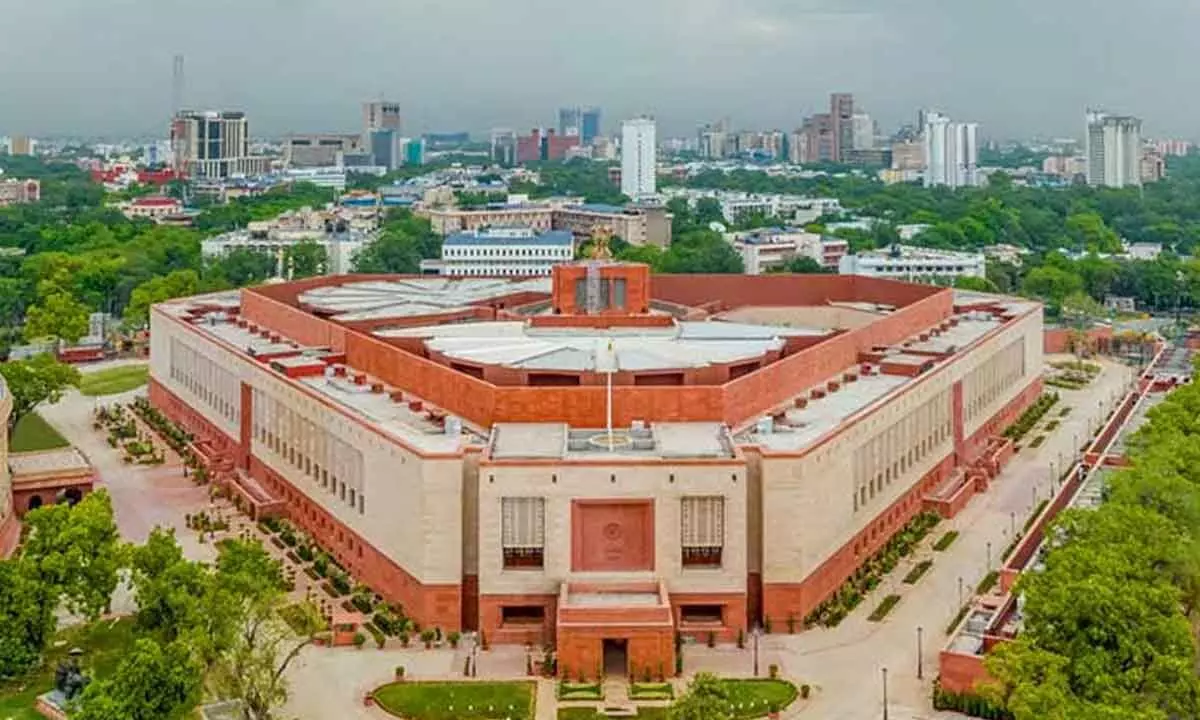
- Notification for elections: Feb 8
- Last date for nominations: Feb 15
New Delhi: The Election Commission on Monday said the biennial Rajya Sabha polls across the country will be held on February 27 for 56 seats, as the tenure of incumbents, including former PM Manmohan Singh and BJP president J P Nadda, will end in April.
The vacancies also include seats held by nine Union ministers including Railway Minister Ashwini Vaishnaw, Education Minister Dharmendra Pradhan, Environment Minister Bhupendra Yadav and Health Minister Mansukh Mandaviya.
The nomination process will begin on February 8 with the issuance of the notification. February 15 will be the last date for filing nominations while February 20 is the last date to withdraw candidature. As per the established practice, while voting will take place from 9 am to 4 pm, the counting will be held on the same day from 5 pm onwards. While 50 members retire on April 2, six do so on April 3, the EC said.
BRS' Joginipally Santosh Kumar, Ravichandra Vaddiraju and B Lingaiah Yadav are the retiring members from Telangana. The Congress, which is ruling in Telangana, can hope to send at least two of its nominees to Rajya Sabha from the state.
TDP member Kanakamedala Ravindra Kumar, BJP member C M Ramesh and YSRCP member Prabhakar Reddy Vemireddy from Andhra Pradesh are retiring from the Rajya Sabha.
Others retiring in April include BJD members Prashanta Nanda and Amar Patnaik (Odisha), BJP chief spokesperson Anil Baluni (Uttarakhand) and Fisheries Minister Parshottam Rupala, and Congress members Naranbhai Rathwa and Amee Yagnik from Gujarat.
Minister of State for External Affairs V Muraleedharan, MSME Minister Narayan Rane, former Union minister Prakash Javadekar, Congress member Kumar Ketkar, NCP member Vandana Chavan and Shiv Sena (UBT) member Anil Desai are retiring from Maharashtra.
Uttar Pradesh will have the highest number of vacancies of 10 seats, followed by Maharashtra and Bihar (six each), Madhya Pradesh and West Bengal (five each), Karnataka and Gujarat (four each), Odisha, Telangana, Andhra Pradesh and Rajasthan (three each), and Uttarakhand, Himachal Pradesh, Haryana and Chhattisgarh (one each).
For renomination to Rajya Sabha, BJP president J P Nadda will have to look for a seat outside his home state of Himachal Pradesh as the Congress is in power there.
The Congress can also look forward to sending its nominees to the Upper House of Parliament from Karnataka and Telangana -- the states where it came to power last year. In Karnataka, four Rajya Sabha members are retiring, and in Telangana three.
The BJP-led National Democratic Alliance (NDA) is likely to gain around six seats -- two each in Maharashtra, Bihar and Gujarat -- in the Rajya Sabha after the February 27 elections, with the JD(U) and the NCP faction led by Ajit Pawar having joined the ruling coalition.
The NDA's current strength in the Upper House of Parliament stands at 114, including 93 of the BJP. The Congress has 30 seats, the second highest. In Maharashtra, the Rajya Sabha elections will be keenly watched after the political realignment in the state due to splits in the NCP and the Shiv Sena.
In Karnataka, the retiring members are Rajeev Chandrasekhar of the BJP and L Hanumanthaiah, G C Chandrashekhar and Syed Nasir Hussain of the Congress.








